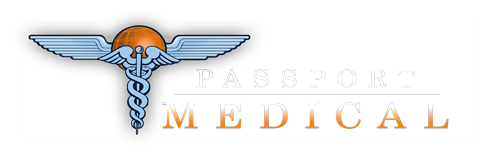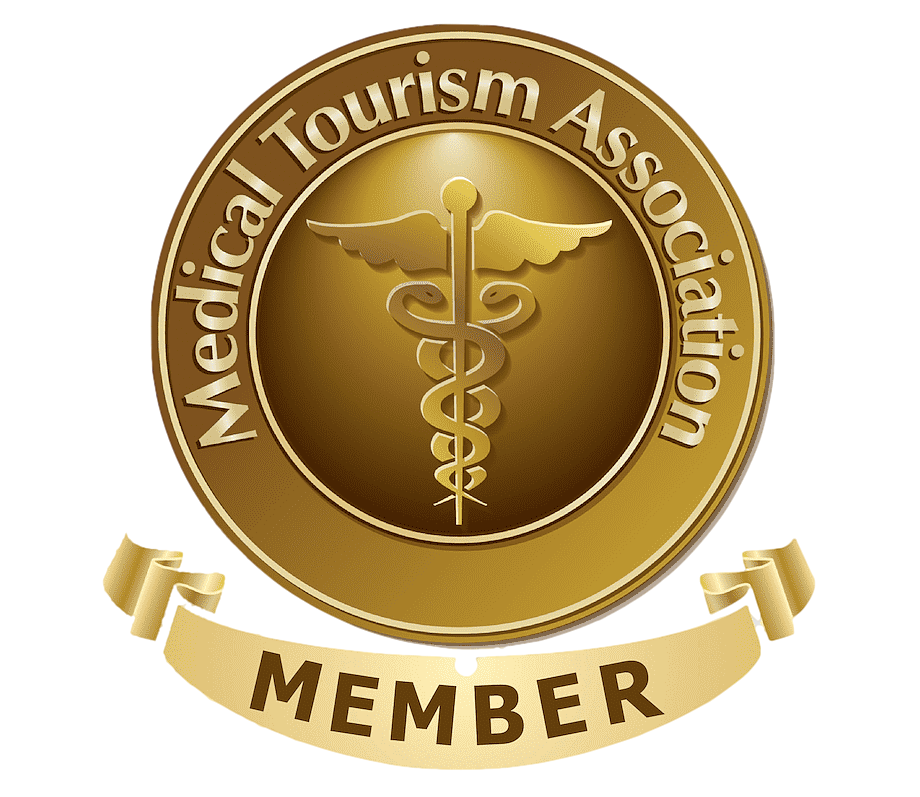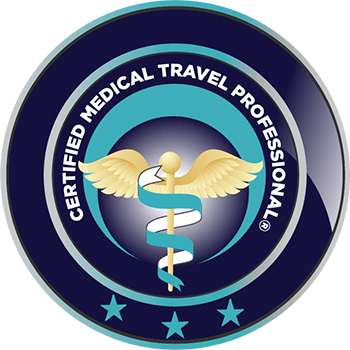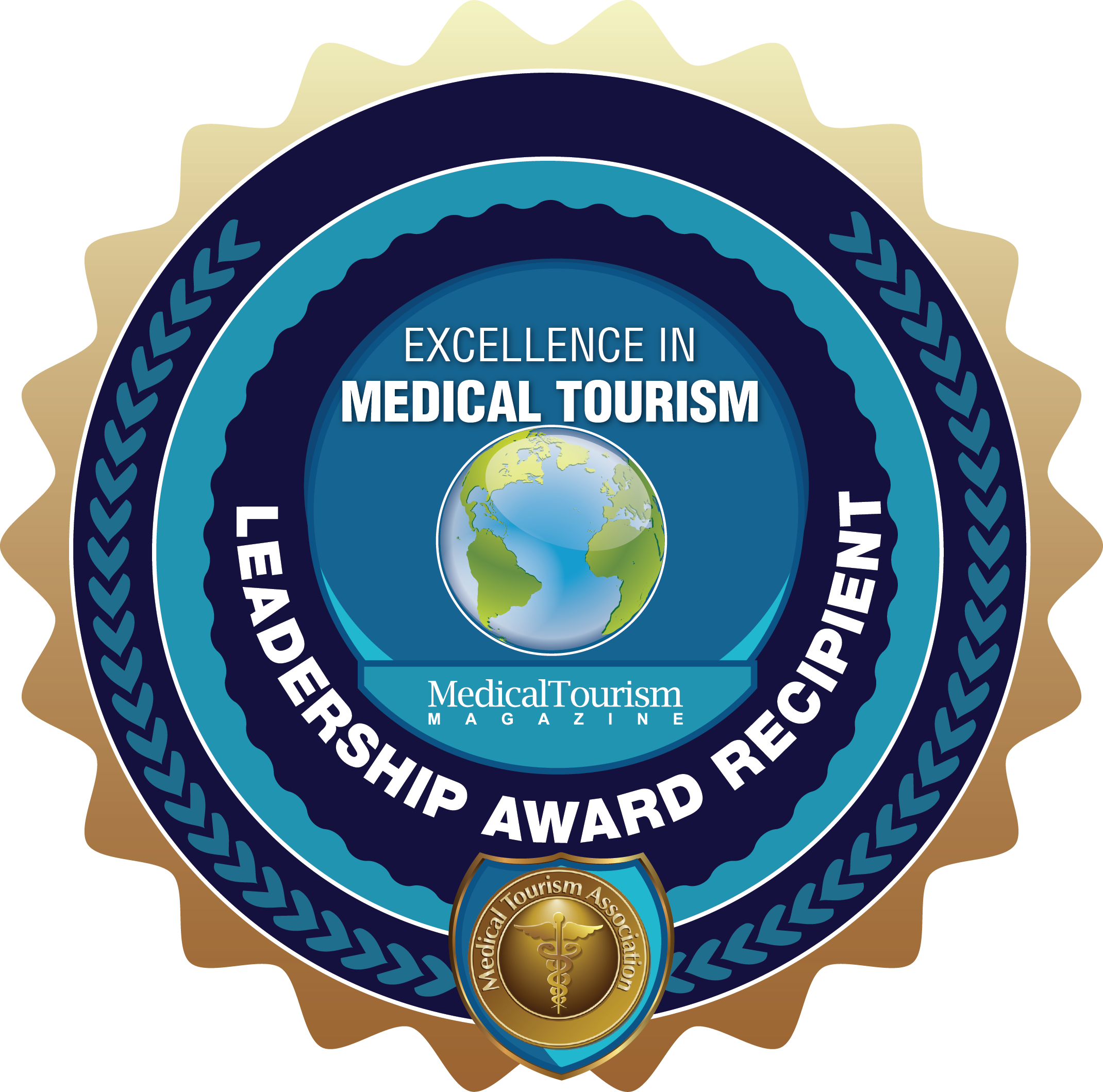Medical tourism has gained immense popularity in recent years, with individuals traveling abroad in search of affordable and high-quality medical treatments. While the allure of cost savings and access to advanced medical procedures is enticing, a crucial question arises: Is medical tourism safe? In this article, we delve into the intricacies of medical tourism safety, exploring the measures in place to ensure a secure and satisfactory experience for patients.
Understanding the Concerns:
When it comes to venturing beyond one’s home country for medical treatments, concerns naturally arise. Patients worry about the standards of healthcare facilities, the qualifications of medical professionals, the risk of complications, and the overall safety of the entire process. Acknowledging these concerns is essential in addressing them effectively.
Regulatory Standards and Accreditation:
To mitigate the risks associated with medical tourism, many countries, and medical facilities have implemented robust regulatory standards and obtained international accreditation. These stringent measures ensure that medical facilities adhere to recognized protocols, maintain high levels of patient safety, and possess skilled healthcare professionals. Patients can take solace in knowing that accredited medical facilities prioritize safety and follow global best practices.
Thorough Research and Due Diligence:
A crucial step for patients considering medical tourism is conducting thorough research and due diligence. It is vital to gather comprehensive information about the destination country, including its healthcare infrastructure, the reputation of medical facilities, and the qualifications and experience of healthcare professionals. By consulting reputable sources, seeking recommendations from trusted healthcare providers, and engaging in online forums, patients can make informed decisions and choose accredited and well-established medical facilities.
Seeking Professional Assistance:
Medical tourism facilitators like Passport Medical International play a vital role in ensuring the safety of patients embarking on medical journeys abroad. These professionals possess in-depth knowledge of the industry, including the reputation and track record of medical facilities and healthcare providers. By collaborating with reliable facilitators, patients can navigate the complexities of medical tourism with confidence, knowing that their best interests and safety are prioritized.
Communication and Language Considerations:
Clear and effective communication between patients and healthcare providers is paramount in maintaining safety standards. Language barriers can potentially hinder proper understanding and increase the likelihood of medical errors or misunderstandings. However, many medical tourism destinations have recognized this challenge and have invested in bilingual healthcare staff and interpreters to bridge the communication gap. Patients should seek destinations where language support is readily available, ensuring effective communication throughout their medical journey.
Insurance and Contingency Planning:
An integral aspect of medical tourism safety is obtaining comprehensive medical travel insurance. A well-designed insurance policy provides coverage for unforeseen medical complications, offering financial protection and peace of mind. It is crucial to carefully review the terms and coverage limits of the insurance policy, ensuring that it aligns with specific medical needs and potential risks. Additionally, patients should inquire about contingency plans in case of unexpected situations, such as emergency medical evacuation or alternative treatment options.
Conclusion:
While the concept of medical tourism brings forth legitimate concerns about safety, it is important to recognize that extensive measures are in place to ensure a secure experience for patients. Through regulatory standards, accreditation, thorough research, professional assistance, effective communication, and comprehensive insurance coverage, the risks associated with medical tourism can be mitigated significantly. By making informed decisions, patients can embrace the benefits of medical tourism while prioritizing their safety and well-being.




